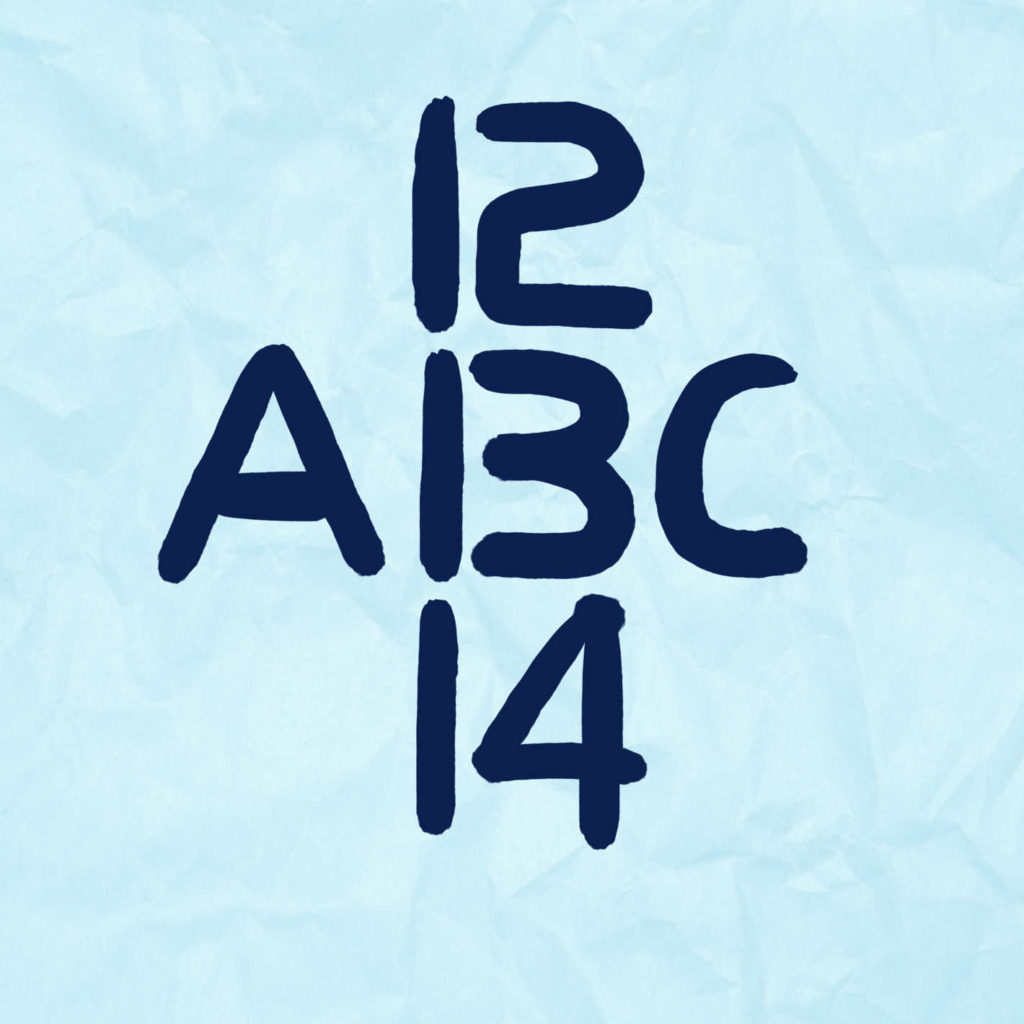
Easterlin paradox: Once our basic needs have been met, incremental financial gain contributes almost nothing to happiness.
Thinking about your purchase in a focused way makes you happy. For example, a car may make you happy when you’re thinking about it but not when you’re driving it.
If you don’t have your own goals, there is every likelihood that you might accept the goal that is currently in fashion.
The longer you live with a memory, the greater the value it accrues. If a positive memory remains in your memory bank until the day you die, it will in retrospect be highly valued.
The brain weave facts into memories by binding them into a compact, consistent and causal story.
Our fabricated life story makes it difficult to judge individual facts plainly—without interpretation, without context, without excuse.
Just as every musical note has two qualities—pitch and volume—every moment experienced by you has two components: a pleasurable component and a meaningful component.
The tug of war between gratification and greater meaning is something that is a life long affair. Both of them keep competing for your time, and attention.
Successes achieved through prevention (i.e. failures that were successfully dodged) are mostly invisible to the outside world.
 Worth Sharing?
Worth Sharing?
If you got something from this post, and feel someone else in your life needs to see this, please share it and tell them how much you care about them.